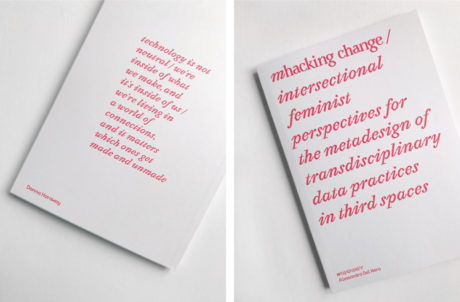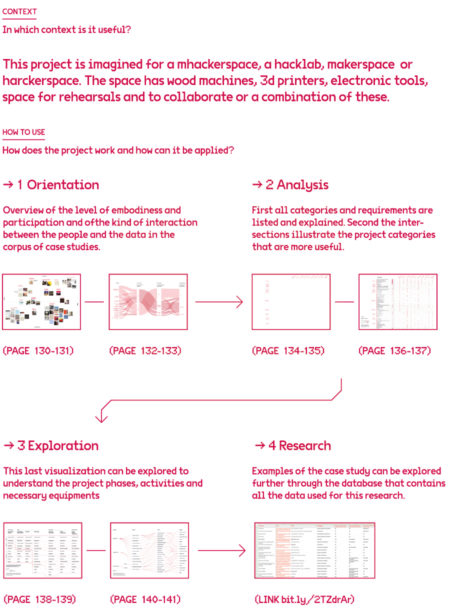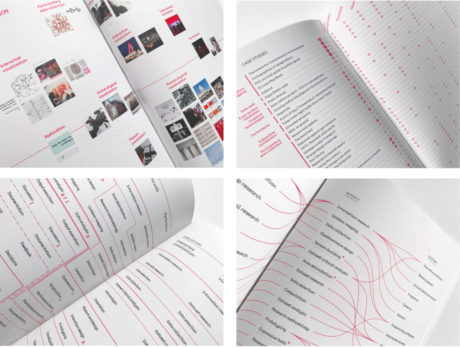
Abstract
In a period of profound and rapid changes, there are among them the crisis of democratic institutions and the rise of data-driven technologies which are becoming an intrinsic part of our lives. The world we live in is increasingly interconnected, even though this is also exacerbating profound asymmetries between those who own the power to use data, and those who are subjected to it. Data can be a tool that enables new ways of interacting and collaborating, or it can be used to oppress, invade people’s privacy, and foster discrimination.
The feminist theories that have been analysed are the theoretical framework to examine how knowledge is produced, and systems of power reproduced and embedded in data-driven technologies. These theories, along with critical data studies and critical design, are the keys to understand how to increase people’s agency, emancipation, empowerment, and self-determination. In a democracy of agonistic pluralism, political questions require deciding between valid and conflicting alternatives. These alternatives can be constructed with data practice reassembled in light of intersectional feminist perspectives, critical data studies and other theories. This research has been a foundation for the metadesign of transdisciplinary data practices in third spaces that are imagined
as the crossbreeding of feminist hacker and maker spaces.

Metadesign
This research has provided a theoretical foreground to critically rethink data and their impact on society and culture at large. The objective of this research is to explore ways to increase the agency of marginalized groups, and groups often excluded from decisions that regard themselves, through data projects. One of the possible ways of achieving this objective is to imagine a place, that will be called a mhackerspace, from the connection of maker and hacker spaces, based on intersectional feminist practices oriented towards adversarial design projects made with data. The metadesign is composed of a set of data practices that are valuable propositions to continue an applied research along this direction, specifically a conceptual dimension, a database with a corpus of case studied and design guidelines. The envisioned practices can enable communities to work with data in a participatory and horizontal way in the context of third spaces equipped similarly to makerspaces. In addition, the example of makerspaces represents a primary inspiration because they already engage their communities in transdisciplinary and emancipatory activities.
This is the metadesign of practices that can be developed to work with data in third spaces of dissensus, based on intersectional feminist principles and that aim at empowering citizens by increasing their agency through and with data. The design method has four phases: [1] Define the general objectives (political choices phase);
[2] Define the functional requirements and their relation to the objectives (inter-disciplinary phase); [3] Translate the functional requirements into design requirements; [4] Define the fundamental activities and design equipment
based on the singular activities of the projects.

Results
For norms to be questioned, and hegemonic views to be examined, communities, cultural places and mhakerspaces are the third spaces where freedom, critical thinking and collective movements can have a chance to grow and achieve a democratic ideal, and where conflict is allowed to exist. Reconfiguring them through intersectional feminism and other critical theories enables a practice that increases social justice and equity.
The importance of this research lies in the fact that discrimination — towards bodies that differ from those who are overly represented in technology — can’t be solved without critically examining the practices and design that have led to that exclusion in the first place. Those practices should be radically redesigned and reassembled.
The metadesign achieves this by creating and analysing a corpus of case studies that are the foreground for the definition of the characteristics of the objectives, activities, tools and processes for data practices leaving a database and a repertoire of how to infrastructure a mhackerspace.
database

-
Index

